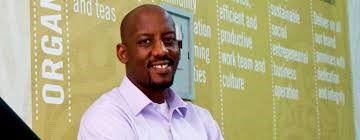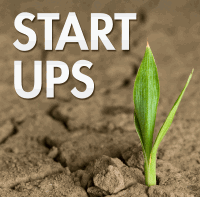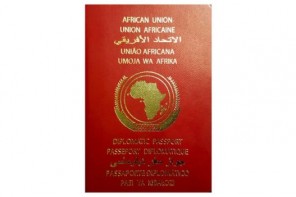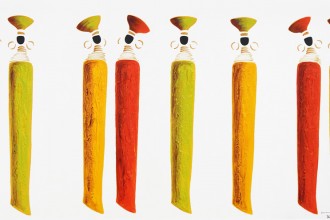The irony of the African continent is that we are overflowing with natural resources and fertile soils; yet we cannot feed ourselves, instead relying on foreign aid. However, things on the continent are taking a turn for the better.
The first step is the digitization of agricultural processes. Nowadays, smartphones and apps are helping farmers increase their yields and revenue. Mobile services (voice, SMS, simple data) are perfect for areas where infrastructure and financial limitations prevent broadband Internet and are already playing a valuable role in African agricultural markets.
Private companies, budding IT entrepreneurs, NGOs, as well as governments are all involved in a variety of mobile phone-based products, services, and applications aimed at boosting small-scale agriculture. A few examples include; from Kenya iCow (created by an organic farmer, Su Kahumbu), the winning application in the Apps for Africa Competition 2010 allows small-scale dairy farmers to manage and trade livestock. The platform has allowed users to increase milk production by over 50% and income by 42%. Cameroon’s Agro-Hub (started by a small group of young Cameroonians) uses mobile technology to drive demand for farmers’ products, attract better prices, and increase farmers’ income. Ghana’s CocoaLink, launched by the Ghana Cocoa Board, Hershey, and World Cocoa Foundation, connects cocoa farmers with information about good farming practices. The free service uses SMS and voice.
In the same vein of improving African agricultural practices, Uganda’s Andrew Rugasira is a leading change agent. The entrepreneur built a coffee empire through innovative interaction with more than 14,000 Ugandan farmers. He turned the tables and is now supplying African grown and manufactured coffee to Britain with his company Good African Coffee which he founded in 2003. He built it from the ground up. It is the first African-owned coffee brand to be listed in UK supermarkets (Waitrose, Sainsbury’s and Tesco). In addition to being available in more than 700 UK supermarkets and 500 stores in Africa, Good African Coffee is now available online in the United States. His main achievement is reversing the situation which his country (and many other African countries) was suffering from; raw coffee beans being transported out of Uganda to Britain and then brought back to be sold to Ugandans. This phenomenon does not make sense, and Rugasira saw the need to do something about it.
Good African Coffee is one of a kind as it employs a quadruple bottom line business approach with coffee farmers, their communities, shareholders and employees representing the stakeholder matrix. Good African Coffee gives 50% of its net profits to the community via sustainable community empowerment projects. These include trainings for the farmers, setting up credits and co-ops for them and providing them with farming inputs. Additionally Good African Coffee promotes social well-being by supporting orphanages, healthcare and education projects. Rugasira runs his company on the philosophy “Trade, not aid”. He, like many other modern day Africans, believes that the only viable, sustainable strategy for Africans is economic and social development. He serves as a role model for what the young modern African should be thinking like. Uganda is Africa’s second-biggest exporter of coffee beans, currently producing around 3.4 million bags per year. Rugasira wisely tapped into this thriving market. However, instead of following the status quo he used his entrepreneurial knowledge to devise a way to manufacture the coffee beans without external help.
His success story is chronicled in his book ‘A Good African Story’ which he released earlier this year. He wrote the story for people like you and me in order for us to see that despite the challenges we might face as Africans, we can succeed in the business field and move our continent to the next level.





